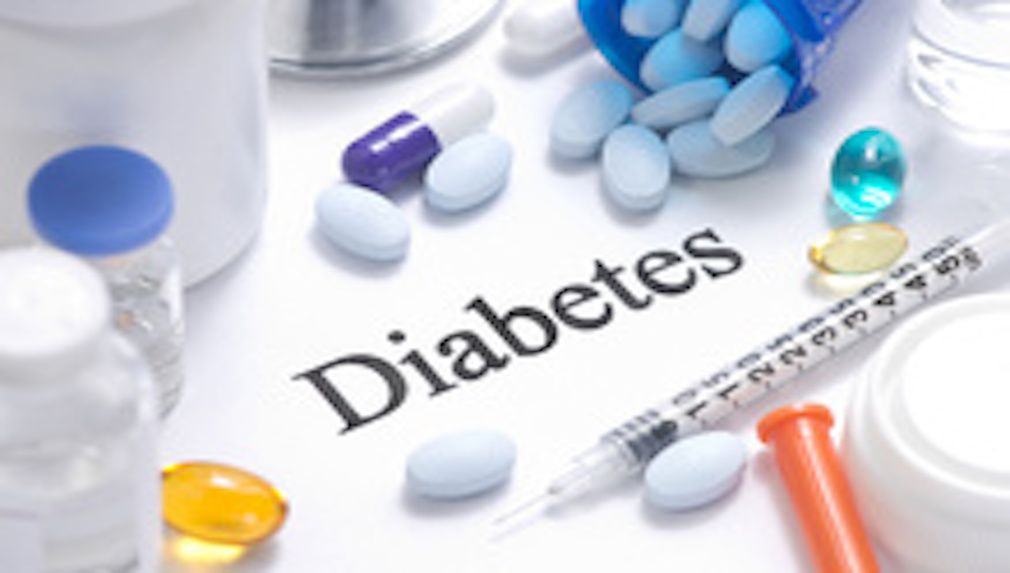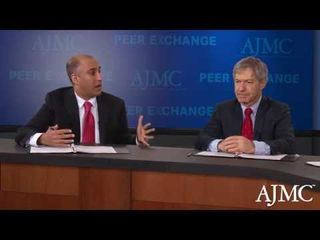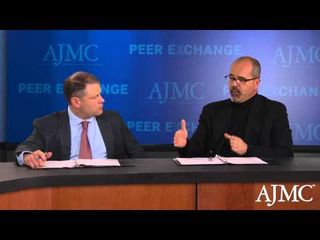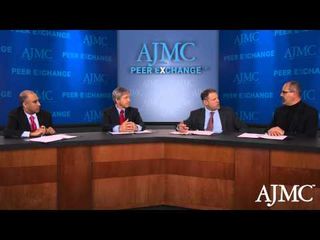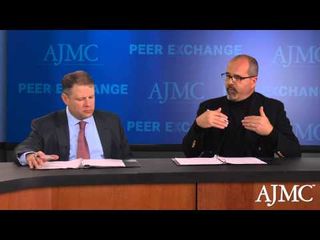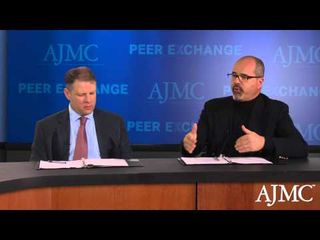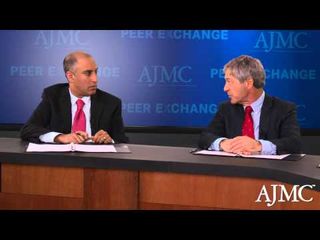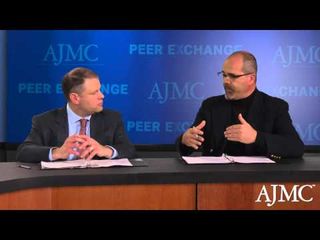
Health Care Delivery
Latest News

Latest Videos

CME Content
More News

Almost 15% of US adults have trouble falling asleep, with difficulties varying across sociodemographic and geographic categories including age, family income, and urbanization level.

Drug survival rates of biologics in patients with psoriasis were shown to be associated with their effectiveness and safety profiles, in which incidence of psoriatic arthritis, nail involvement, and other factors were indicated as effect modifiers.

COVID-19 was ranked in the top 5 diagnoses through telehealth in the Midwest, Northeast, and West regions as well as nationally in the month of April, coinciding with an increase in COVID-19 cases.

Over the past decade, the Veterans Health Administration (VHA) has sought to boost lung cancer screening rates, but several challenges remain.

Panelists at the National Alliance of Healthcare Purchaser Coalitions 2022 Leadership Summit discussed the latest innovations in digital therapeutics and how they benefit patients on an individual and broad scale.

At AHIP 2022, Vanessa Bobb, MD, PhD, FAPA, vice president of Behavioral Health & Medical Integration at CDPHP, moderated a session on real-world study findings showcasing cost and quality benefits of value-based contracting in behavioral health. Bobb discusses findings of the study and how value-based programs can be better leveraged in mental health and substance abuse care.

Integrating primary care with behavioral health services, improving provider training on mental health, and policy changes were all noted as strategies to combat the rising mental health and substance abuse epidemic during a keynote session at AHIP 2022.

Research presented at the European Academy of Allergy and Clinical Immunology Annual Congress show the safety and efficacy of dupilumab across several progressive diseases with underlying type 2 inflammation, including eosinophilic esophagitis (EoE), severe asthma, and severe chronic rhinosinusitis with nasal polyps.

Publishing their findings on the earliest treated infants to date, the researchers detailed the outcomes of 2 patients treated with nusinersen in their first week of life after receiving a spinal muscular atrophy (SMA) prenatal diagnosis.

A university hospital saw an initial drop of new cases, but treatment efficacy was unaffected.

Using chronotropic response as a reference, study authors from Japan investigated the potential influence of exercise-induced heart rate on cardiac output reserve and exercise capacity among a cohort of patients with heart failure with preserved ejection fraction (HFpEF).

Elaine Siegfried, MD, professor of pediatrics and dermatology, Saint Louis University Health Sciences Center, addresses the comorbidity profile associated with atopic dermatitis and the utility of disease-modifying drugs to reduce risk of comorbid conditions.

Multisystem inflammatory syndrome (MIS) in children is a rare condition known to be associated with COVID-19, but more research is needed to identify at-risk patients and guide public health interventions.

Emergency department (ED) visits and hospitalizations were 22% higher among cannabis users, with acute trauma and respiratory-related reasons as the primary causes for emergency care.

Researchers found that risk of adverse events and mortality did not increase following certain rheumatoid arthritis (RA) treatments.

Investigators from Toronto compared morbidity and mortality outcomes among patients with acute decompensated heart failure (ADHF) before and during the COVID-19 pandemic.

Coverage of our peer-reviewed research and news reporting in the health care and mainstream press.

Panelists of a keynote session at AHIP 2022 discuss how lessons learned from investment and infrastructure in public health during the COVID-19 pandemic can be leveraged to promote equitable care for all Americans and prepare for the next public health emergency.

Will Nutland, DrPH, is cofounder of PrEPster, honorary assistant professor at the London School of Hygiene and Tropical Medicine, and an activist.

Elli Papaemmanuil, PhD, assistant professor in computational oncology, Memorial Sloan Kettering Cancer Center, discussed current knowledge on the molecular profile of myelodysplastic syndromes (MDS) and potential use of precision medicine.

In the first of 2 parts, Nathan H. Walcker, MBA, CEO of Florida Cancer Specialists & Research Institute (FCS), discusses the future of value-based care for the practice as the Oncology Care Model comes to an end today. This week, CMS announced it will launch a successor model.

Senators did not approve the 9-nominee commission to reshape the Veteran Affairs health care system; US population is getting older and more diverse; HHS issued guidance to protect patient privacy related to sexual and reproductive care.

The Diabetes-Specific Risk-Taking Inventory proved useful in assessing risk-taking behavior in adolescents with type 1 diabetes (T1D), but future research on potential interventions is needed.

Extended safety and effectiveness of the Omnipod 5 AID system were investigated in this 12-month extension of a previous 3-month study conducted among persons living with type 1 diabetes (T1D).

Medicare Advantage (MA) plans are denying care while overcharging the government, watchdogs said at a Congressional hearing; overturn of Roe v Wade will not change how military treatment facilities provide abortions; the CDC activates the Emergency Operations Center in response to monkeypox.


